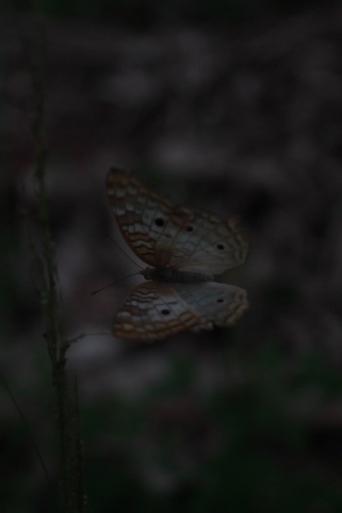Best Costa Rican documentary movies
A curated collection of popular documentary movies from Costa Rica.
La Mayoría Silenciosa (1974)
La Mayoría Silenciosa (1974)
The silent majority is the Costa Rican peasantry, which has been the object of traditional contempt and which has manifested itself in various forms: unfair salary compensation, bad prices for their agricultural products, financing difficulties, land grabs, precarious housing and educational conditions. health. Precariousness, peasant migrations and the depletion of the agricultural frontier are also analyzed in the film.
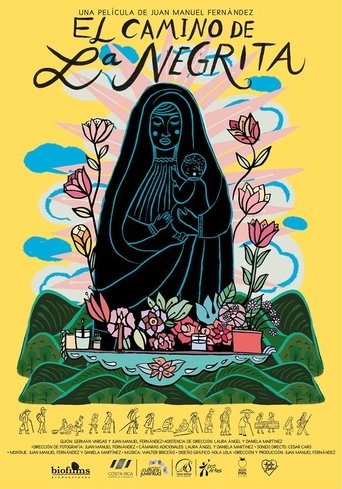
El camino de la negrita (2019)
El camino de la negrita (2019)
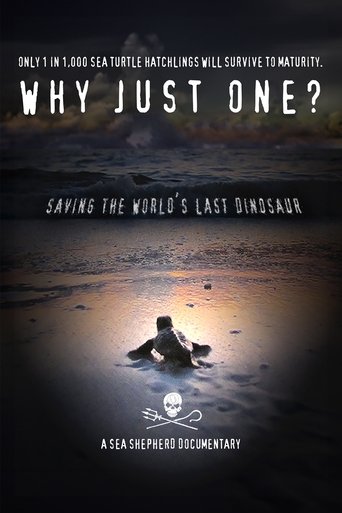
Why Just One? (2016)
Why Just One? (2016)
Saving the world's last dinosaur, the sea turtle.
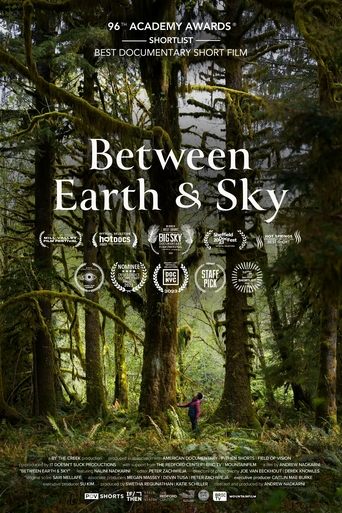
Between Earth & Sky (2023)
Between Earth & Sky (2023)
For her entire professional life, renowned ecologist Nalini Nadkarni pioneered climbing techniques to study "what grows back” after an ecological disturbance in the rainforest canopy. Now, after surviving a life-threatening fall from a tree, she must turn her research question onto herself in order to understand the effects of disturbance and recovery throughout her life.
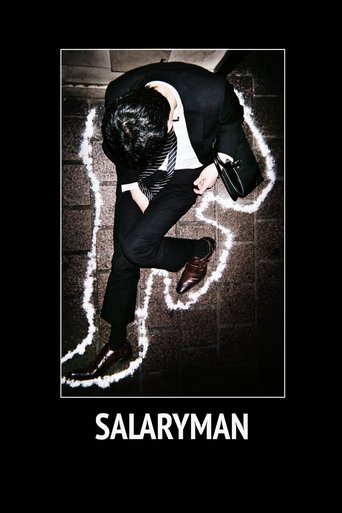
Salaryman (2021)
Salaryman (2021)
Tokyo work culture's most compelling and complex protagonist; the Salaryman. A nameless, voiceless, over-worked and under-valued cog in the labour pool, expected to compromise home and social lives. Late nights and intense drinking sessions leave many of them passed out in the city streets. This slick, incisive documentary raises questions around the ethics of our global working practices in a capitalist society.
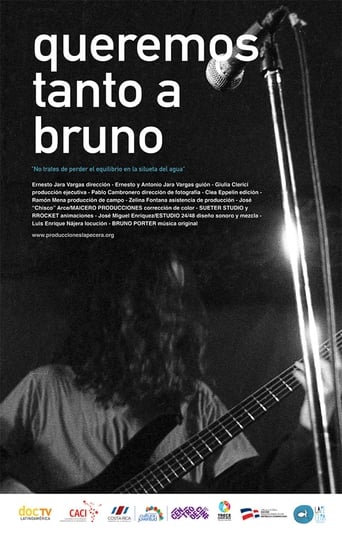
Queremos tanto a Bruno (2018)
Queremos tanto a Bruno (2018)
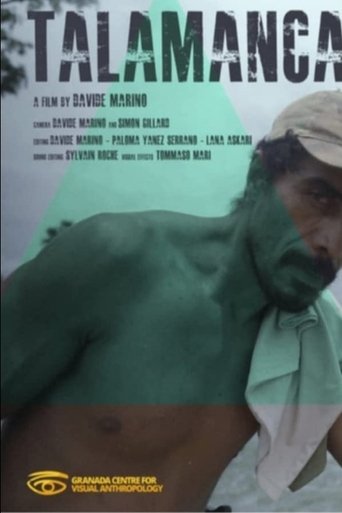
Talamanca (2020)
Talamanca (2020)
There is a sound echoing across the forest of Talamanca. It triggers the extraordinary in the ordinary universe of Justo, a BriBri farmer, father and adventurer. It is the blow of the here and now, the quintessence of what is alive that expands a story made by imaginative materialities enshrined amidst Earth's liveliness and indigenous worldly epic. A film on the BriBri present in Talamanca, on its restless awakening and its companion wonders.

Reconnect: The Movie (2019)
Reconnect: The Movie (2019)
Back in 2012 I had my very first Ayahuasca ceremony and, needless to say, I was terrified. But it ended up entirely changing my life and that of my future family. Which is why I decided to revisit the medicine in 2018, participating in three Ayahuasca ceremonies over the course of one week in Costa Rica, and document the process. In the film, we tackle my personal story of trying to build London Real into a global media and transformation company while also struggling with my own disconnection from friends, family and my own species. We also dive deep into the division and tribalism currently facing all of us around the world.

A Man, When He Is a Man (2023)
A Man, When He Is a Man (2023)
What are the social climate and cultural traditions in Costa Rica which nurture "machismo" and allow the domination of women to continue in Latin America?
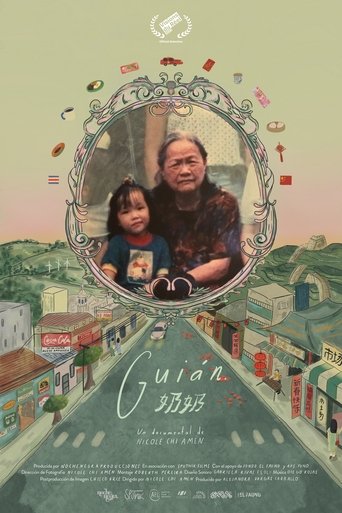
Guián (2023)
Guián (2023)
Born into the Chinese community in Costa Rica, filmmaker Nicole Chi Amén was never able to communicate with her grandmother Guián, who couldn’t speak Spanish. After her death, Nicole heads to China to rediscover her roots. The result is a sublime cinematic travelogue in which sensuous shots capture the essence of a place, in spite of linguistic differences.
Polvo de Estrellas (2001)
Polvo de Estrellas (2001)
From the high mountains of Carrara marble in Italy to the coast of the Osa Peninsula in Costa Rica, the documentary Polvo de Estrellas traces the spiritual journey of the Costa Rican sculptor Jorge Jimenez Deredia, the first Latin American artist who makes a sculpture for the Basilica San Pedro. In the vertigo of a new millennium stands its simple and harmonious work. The renowned critic Pierre Restany, defines his sculptures as objects of meditation that put us in touch with our inner dimension. We are stardust, says the artist, the cosmos is the mirror of our history. The soul a tie that binds us to infinity.
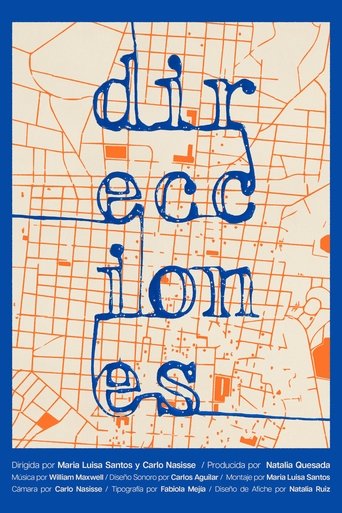
Addresses (2023)
Addresses (2023)
In a country with no numerical system for street addresses, a young woman explores the unique system that has taken hold, and the prospect of its rapid disappearance.

Leonas (2022)
Leonas (2022)
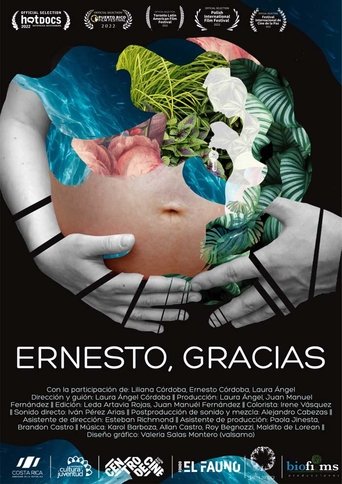
Ernesto, Gracias (2022)
Ernesto, Gracias (2022)
Motherly love and the unbreakable bond of family fuse the lives of director Laura Ángel Córdoba, her mother Liliana and autistic brother Ernesto as they struggle to overcome their economic and medical challenges in Costa Rican society. In this intimate and deeply poetic family portrait, Córdoba's sensitive lens unmasks the stereotypes and misconceptions that have surrounded her family as they fight to create a safe and joyful space for Ernesto in an unforgiving atmosphere. As Liliana fights through a medical system full of misinformation around treatments for autism, she faces a looming eviction that threatens to destabilize her family and Ernesto's safety. Amid Liliana's strife, Córdoba discovers she is pregnant and questions her own ability to be as strong as her mother. In this powerful story of love, perseverance and hope, we discover through a mother's strength a new and beautiful light shining on the horizon.

Recuperación de la montaña (1973)
Recuperación de la montaña (1973)
This film presents three possible techniques or methods that make it possible to meet the growing demand for wood without the country becoming a desert: spontaneous reforestation, carried out by the country's youth, technical and commercial plantation, and the comprehensive use of forests. . Scientists and farmers, peasants and young people express their opinions on these techniques and on the critical situation that the country is going through. The "lone witness", a tree abandoned to its fate in the middle of infertile pastures in the Puriscal area, leaves graphic testimony about the felling of trees taken to the absurd.
Vamos a la Huerta (1973)
Vamos a la Huerta (1973)
This film shows the general aspects of the school garden program carried out by the Ministry of Public Education in the country's schools. In its development, the film shows how schoolchildren prepare the land, plant vegetables and legumes, take care of their crops and collect the harvest to, finally, consume these products in the school cafeteria. As a result of all this, the school garden becomes the “classroom” where the student learns the basic techniques of cultivating the land and the importance of good and healthy nutrition. At the same time, interest, affection and respect for farm work is awakened in the student.
Sin Frontera (1982)
Sin Frontera (1982)
This document shows the solidarity of the people and government of Costa Rica towards the people of Nicaragua in their fight against one of the most opprobrious tyrannies in Latin American history: the dictatorship of the Somoza family. It aims to point out the reasons that moved Costa Ricans to support the insurrectional feat carried out by the Nicaraguan people in their desire to achieve freedom, after 43 years of Somoza repression.
Desnutrición (1974)
Desnutrición (1974)
This documentary, filmed at Christmas 1973, "searches" for the causes of malnutrition in the slums, in the unemployed population, in the living conditions that someone defined as "extreme misery." This approach, novel for the time, produced controversies since the trend then was to define child malnutrition solely as a medical and health problem. However, the inquisitorial camera discovered the malnourished child under the bridge, in the poor neighborhoods... in the arms of the marginalized woman. And the documentary tells us something else: as long as these living conditions persist... the cry of the malnourished child will persist.

Agonía en la Montaña (1973)
Agonía en la Montaña (1973)
The film is a call of conscience about the disappearance of forests in the country. Great industrial needs have created a greater demand for wood, the necessary expansion of livestock and agriculture is causing the destruction of forests in regions where only forests can provide an acceptable economic return. In view of the irrational progress of tree felling and in view of the slowness with which state institutions intervene in this problem - determining for the future of the country - it was decided to make this film.

La cultura del guaro (1974)
La cultura del guaro (1974)
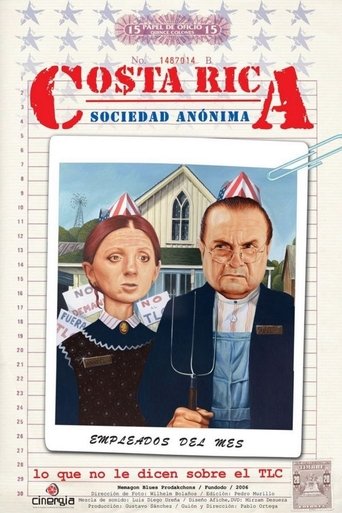
Costa Rica, S.A. (2006)
Costa Rica, S.A. (2006)
The film explores with satirical black-humor a series of polemical aspects of the The Dominican Republic-Central America Free Trade Agreement (CAFTA), such as the inclusion of war weapons as objects of commerce for Costa Rica, a country without an army, or the incorporation of Central American undersea resources as part of the United States' definition of territory.
